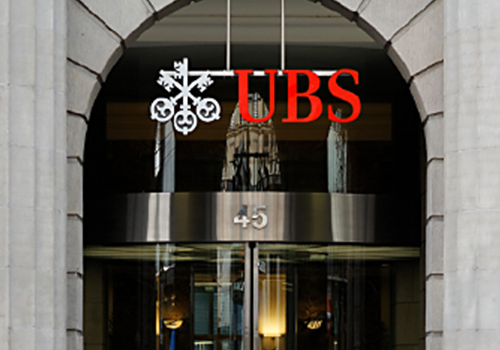Four of the world’s largest banks are partnering to develop a digital currency with the aim of creating an industry standard for blockchain-enabled trades and transactions.
The group is led by Swiss bank UBS, which unveiled a Utility Settlement Coin (USC) in September last year. UBS is now being joined by Deutsche Bank, Santander and BNY Mellon, as well as the broker ICAP, to pitch the digital cash and its money-saving potential to central banks around the world. The group aims to launch the system in 2018.
The USC, which is a digital cash equivalent of each of the major currencies backed by central banks, would allow financial institutions to avoid waiting for traditional money transfers when paying for securities, like bonds or equities.
These transactions usually take several days to be finalised and cost the finance industry between $65bn and $80bn a year, according to an Oliver Wyman report last year. A USC would make these transactions instantaneous, wiping out such costs.
“This infrastructure is where the big, fixed costs are for banks, rather than in the transactions themselves, which bring small variable costs,” says Todd Latham, CMO at London-based payments firm Currencycloud
The partnerships between the four major banks highlights just how seriously the established finance industry is taking blockchain technology.
“The question is whether banks can get enough critical mass to make this idea fly. Four is a great start, but there are hundreds of big banks in the world, and many thousands of smaller banks and credit unions,” says Latham.
“If they are able to do so, it remains to be seen whether this cost benefit will translate directly to their bottom line, or if they will use it as a platform to innovate and pass benefits – both pricing and functionality – to businesses and consumers.”
Copyright © 2016 FINTECH GLOBAL
Copyright © 2018 RegTech Analyst






